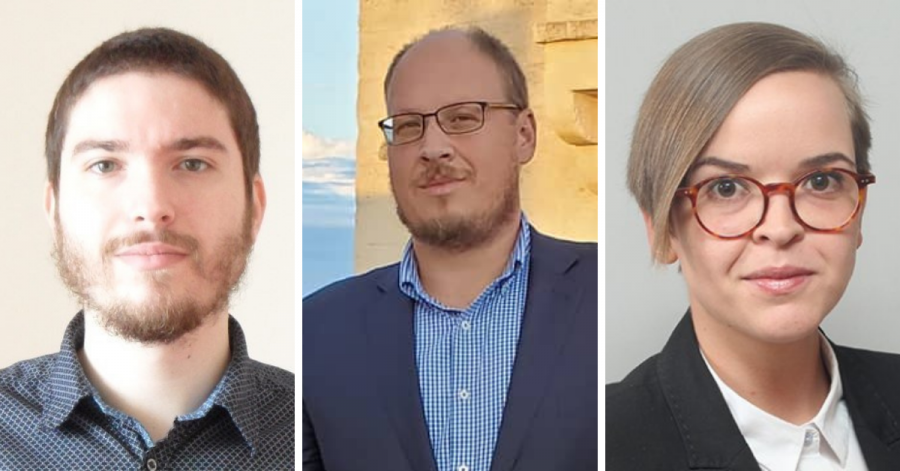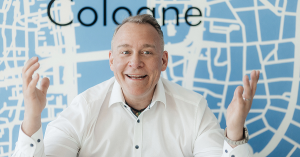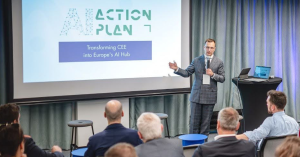With two Bulgarian founders at the wheel, Vess Bakalov and Dimitar Blagoev, US-based IT automation and orchestration startup Pliant has closed a $10M Series A round. The lead investor is Osage Venture Partners, with a plethora of previous investors joining again, including Sofia-based VC BrightCap Ventures.
With the new capital, Pliant intends to boost sales and marketing efforts, accelerating its growth in the booming low-code automation market.
The company also has an expanding tech hub in Bulgaria with about 10 engineers and product managers. “We do want to develop in Bulgaria. To be honest, we hope that one day the country is not only part of our development center, but also of our market. Automation can really help smaller companies, and even smaller countries like Bulgaria be more competitive and outperform bigger players by being more efficient,” Pliant CEO Vess Bakalov told Etien Yovchev, co-founder at The Recursive, in a conversation several months ago.
Large enterprises from sectors like telco and financial services are the main target customers of Pliant. That said, there have been plans to make the startup’s platform accessible to SMEs as well.
Faster time to automation
In a nutshell, Pliant’s platform makes it easier for DevSecOps teams and citizen developers to automate complex business processes. For enterprises, this speeding up of otherwise manual and time-consuming functions means lower costs, faster time to market, and ultimately better customer experience.
From simple low-code automated actions to more complex cross-domain, cross-platform orchestration, Pliant aggregates workflows into one unified platform.
Pliant focuses on back-end automation at the API level, which puts it in a different niche from Romanian UiPath, whose products are built to mimic human actions and complete a given task multiple times.








